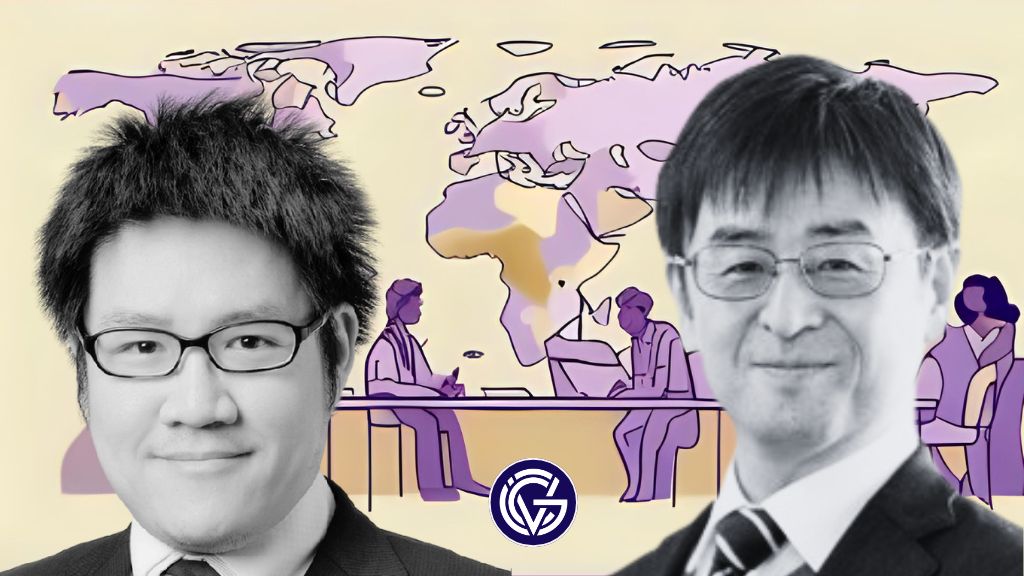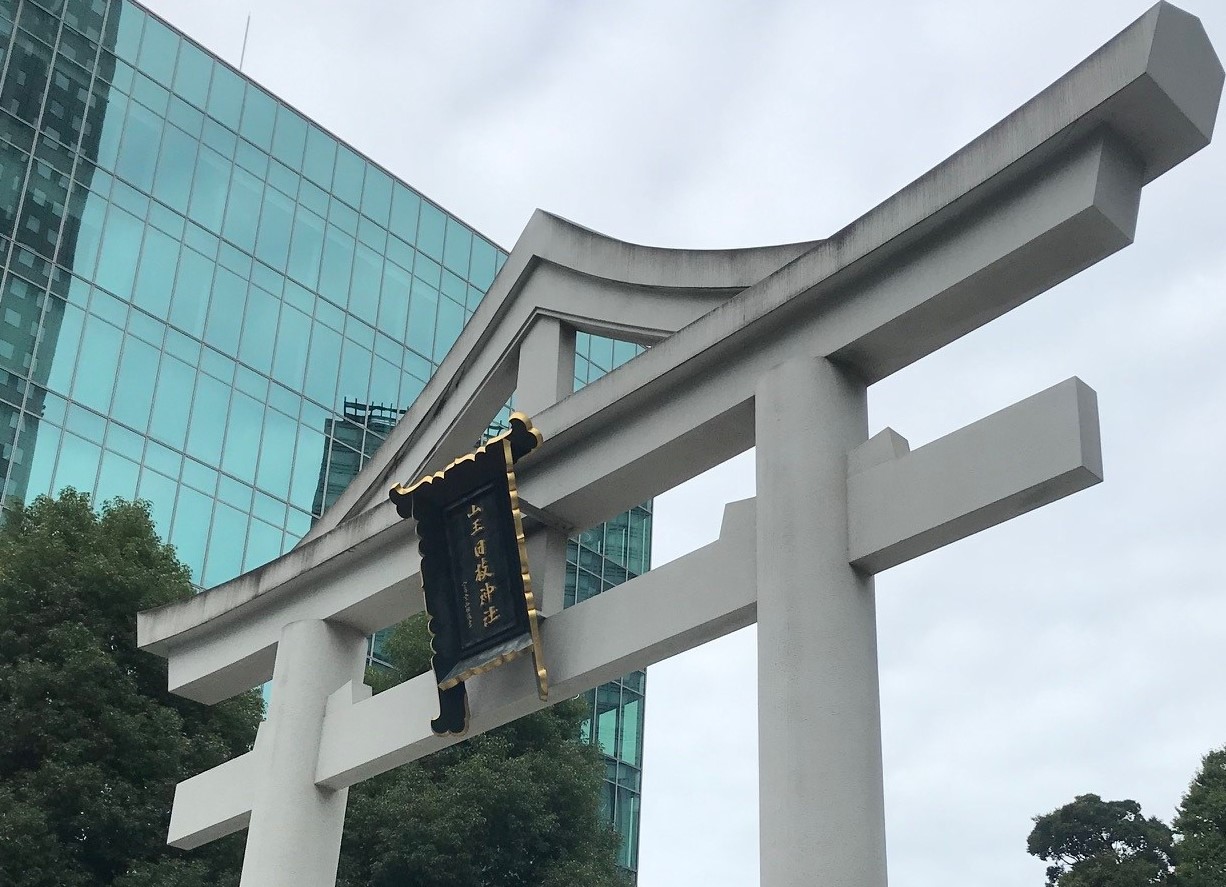Kyoto University Innovation Capital is seeking external limited partners to join its new fund and opening offices abroad as its spinout portfolio companies seeks access to global markets.
 Raymond Woo (left) and Hiroyuki Ueno, team members of Kyoto iCAP
Raymond Woo (left) and Hiroyuki Ueno, team members of Kyoto iCAP
Kyoto University, famed for its deep tech expertise in fusion and cell therapies, is going global with its VC fund, bringing in foreign investors for the first time and opening offices in strategic locations such as Silicon Valley.
The Japanese university’s investment arm, Kyoto University Innovation Capital (Kyoto iCAP), is preparing to launch its third fund, a $140m investment vehicle, in January 2026. The fund’s team is in talks with the Taiwanese government about becoming a limited partner, which would be its first non-Japanese investor.
The new fund will also be open to investing in startups outside of Japan’s universities, with the sole requirement that the foreign portfolio companies have a research collaboration link with a Japanese university.
Japan has one of the most well-funded spinout sectors in Asia, with most of its large universities supported by funds that provide pre-seed and follow-on investments for commercialising academic research. With strong government financial support, its university spinout sector has grown nearly threefold since 2014 to number more than 5,000 spinouts in 2024.
But, as those spinouts start to mature, the need to access global markets is increasing as Japan’s declining birthrate and ageing population restrict the growth potential of its startups.
The need to go global
Kyoto iCAP’s global expansion aims to overcome these demographic challenges by helping its 70 plus investee companies access markets outside of Japan. Two years ago the VC unit opened an office in Singapore, followed by one in New York. Raymond Woo, who heads the Singapore office, supports spinouts that want to grow in the region. “Because the vast majority of our startups are Japanese tech, most of them want to either expand globally or fundraise globally,” says Woo.
If you invest in university spinouts, we would love your input in GUV’s University Venture Funds survey.
Gain valuable insights into the performance of university-affiliated funds globally. Compare your fund’s structure and performance with your peers. Take the survey here.

Kyoto iCAP’s global expansion is a sign of maturity for the VC investment arm, whose origins go back to 2014 when it was set up with Kyoto University as its sole shareholder. Its first $111m fund, launched in 2016 with a 15 year maturity, invests exclusively in Kyoto University spinouts.
Its second fund followed in 2021 with $125m of capital and a 12 year maturity. The fund’s remit expanded to invest in spinouts not just from Kyoto University but from universities across Japan.
The third fund is characterised by more flexible investing requirements, with a strategy of bringing its deep tech expertise to a global VC investor base.
Deep tech expertise but lack of entrepreneurs
Kyoto University is known for the quality of its deep tech research in areas such as life sciences and materials science. It has several Nobel laureates, including two professors who still teach at the university: Tasuka Honjo, who won the 2018 Nobel prize in physiology and medicine for his discovery of cancer therapy by inhibition of negative immune regulation, and Shinya Yamanaka, who won the 2012 Nobel prize in the same category for induced pluripotent stem cells research and application.
Despite its deep tech expertise, the university lacks the entrepreneurial talent of Japan’s capital city Tokyo, where 7% of employees work for a startup compared with less than 1% in Kyoto. “Talent was a very tough issue,” says Hiroyuki Ueno, senior officer at Kyoto iCAP. “It is very easy to start SaaS or IT businesses in Tokyo. It’s very difficult for SaaS or IT businesses in Kyoto. We focus on deep tech technologies.”

Interested in exploring the Japanese investment ecosystem?
Join GCV’s Asia Congress this November. More details here.
To overcome the shortage of entrepreneurs, the VC fund realised early on that it would need to co-create companies by pairing entrepreneurs with academic researchers. Business creation is a key part of its investment strategy. Of the 72 companies it has invested in, half were started by the VC.
Kyoto iCAP was also an early adopter of an entrepreneurs in residence programme, in which startup founders become employees of Kyoto iCAP and build businesses based on Kyoto University research. This model has since been used by other Japanese universities. It is also a feature of university spinout funds that have high rates of spinout creation, such as Oxford Science Enterprises, the investment company associated with the University of Oxford in the UK. Cambridge Innovation Capital, a VC fund that invests in University of Cambridge spinouts, recently started its own entrepreneurs in residence programme.
Nine of the companies co-created by Kyoto iCAP have a $100m market cap including Chordia Therapeutics, a cancer drug company; Enecort, a maker of perovskite solar cells, and Kyoto Fusioneering, a fusion startup, which raised a $62m series C extension in equity and debt financing in September.
Attracting foreign investors
Kyoto Fusioneering is an example of an investee company that has received foreign VC investment. US defence tech investor IQT took a minority equity stake in the company in 2023. Another of Kyoto iCAP’s spinouts that has global investors is Shinobi Therapeutics, a cell therapy company, which received funding from VCs EQT Life Sciences, F-Prime Capital and D3. The startup has moved to the San Francisco Bay Area in the US from Kyoto since receiving foreign investment and employs US workers.
Nearly all of Kyoto iCAP’s investee startups it has been involved in at the founding stage have gone on to raise funding from external VCs, says Woo. The fund now has seven exits under its belt from either IPOs or M&A transactions.
As the team readies its third fund, the team expect to have a particular strong collaboration with its potential new foreign LP, the Taiwanese government. The country would like to mimic Kyoto iCAP’s VC model for its own university system, says Ueno.
“The next generation electronic technologies in Taiwan is very high level. There are lots of learnings from Taiwan technologies,” says Ueno.


AloJapan.com